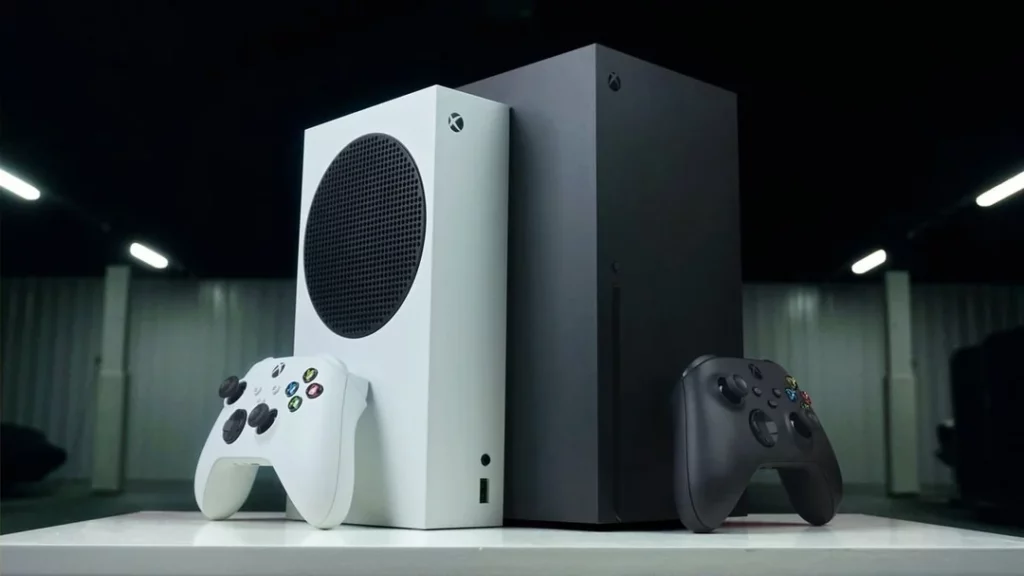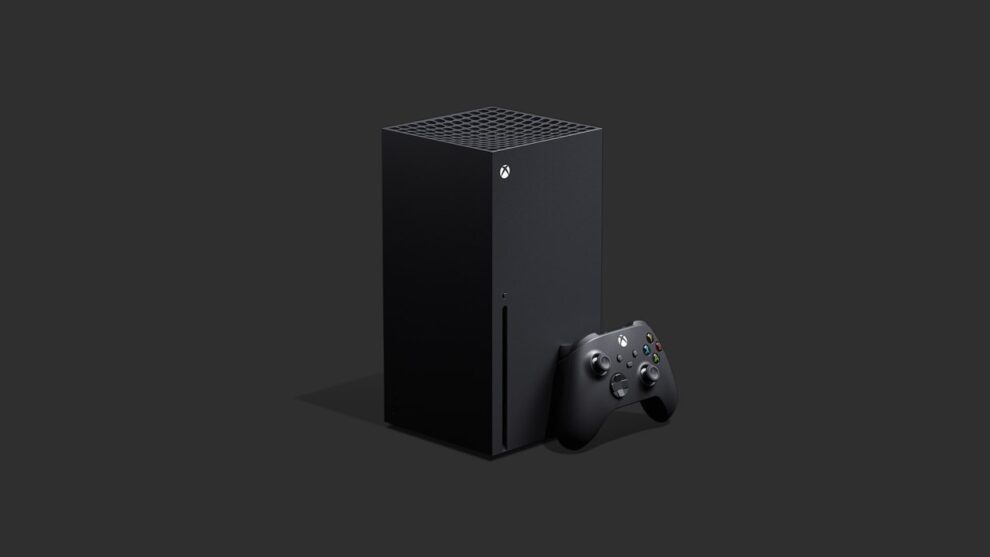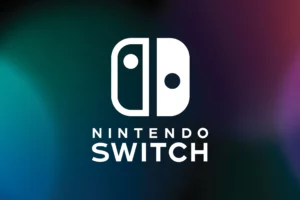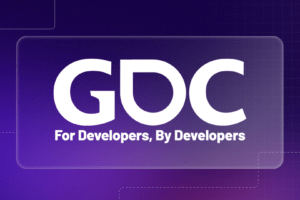Microsoft’s ambitious Xbox Series X, launched with promises of ushering in a new era of gaming excellence, has struggled to fulfill its potential despite the company’s massive investments and acquisitions. Four years after its debut, the console finds itself significantly trailing behind Sony’s PlayStation 5 in both sales and exclusive gaming content, according to recent market analysis.
The stark reality of the console’s performance is reflected in VGChartz sales data, which reveals that the PlayStation 5 has maintained a commanding two-to-one sales lead over Microsoft’s latest gaming hardware. This pattern eerily mirrors the previous generation’s competition between the PS4 and Xbox One, suggesting that Microsoft’s strategic shifts have yet to yield the desired results.
Despite its technical prowess, featuring an 8-core AMD Zen 2 CPU and RDNA 2 GPU configuration with 16GB of GDDR6 RAM, the Xbox Series X has failed to capitalize on its hardware advantages. While the console occasionally demonstrates superior performance in third-party titles compared to the PS5, these technical achievements haven’t translated into market dominance or consumer preference.
Microsoft’s recent $69 billion acquisition of Activision Blizzard, rather than cementing Xbox’s position, has highlighted the challenges facing the platform. The company’s struggle to deliver system-selling exclusive titles has persisted, even as competitors Sony and Nintendo consistently release compelling exclusive games that drive console sales.
The gaming landscape has further evolved with Microsoft’s shifting strategy toward making former Xbox exclusives available on other platforms. Titles like Indiana Jones and the Great Circle, Hi-Fi Rush, and Sea of Thieves are scheduled for PlayStation 5 releases, potentially diminishing the Xbox’s unique value proposition. This multi-platform approach, while potentially profitable, raises questions about the long-term viability of Xbox as a dedicated gaming platform.
Game Pass, Microsoft’s subscription service, remains one of the console’s strongest features, though recent changes have complicated its value proposition. The service has undergone significant restructuring, with the Ultimate tier now priced at $20 monthly and offering day-one access to new releases. However, the introduction of additional purchase options for early access to games, such as the $35 “Digital Premium” edition for Indiana Jones, has created friction with loyal subscribers.
Hardware innovation has also stalled, with Microsoft opting for minor revisions instead of substantial upgrades. The company released a disc-less $450 version and a $600 2TB “Galaxy Black” model, but chose not to compete with Sony’s PlayStation 5 Pro through a mid-cycle hardware refresh. This decision appears particularly striking given leaked plans for more ambitious hardware updates that never materialized.

Looking ahead, Microsoft faces crucial decisions about its gaming division’s future. While the company has several promising titles in development, including new entries in the Perfect Dark and Fable franchises, along with a fresh Gears of War installment and Hideo Kojima’s OD, most of these games will be available on multiple platforms, reducing their impact as system sellers.
The company’s “This is an Xbox” marketing campaign, attempting to position Xbox as a platform extending beyond traditional console hardware, suggests a potential pivot toward cloud gaming and broader accessibility. However, this initiative may have arrived too late to significantly impact the current console generation’s competitive landscape.
Despite these challenges, Microsoft’s exit from the console business seems unlikely and potentially detrimental to the gaming industry. The absence of Xbox would leave Sony as the sole manufacturer of high-performance gaming consoles, potentially reducing innovation and competition in the market.
As the gaming industry continues to evolve, Microsoft’s path forward may lie in reimagining its approach to hardware and content distribution. Whether through an early launch of next-generation hardware, expanded cloud gaming capabilities, or innovative new gaming devices, the company’s success will likely depend on its ability to differentiate itself while maintaining the delicate balance between hardware sales and software accessibility.
For current and prospective console buyers, the Xbox Series X remains a capable gaming machine with access to an extensive library through Game Pass. However, with Sony’s PlayStation 5 offering a more compelling mix of exclusive content and innovative features, Microsoft’s console continues to face an uphill battle in winning over new customers in this generation’s remaining years.
















Add Comment